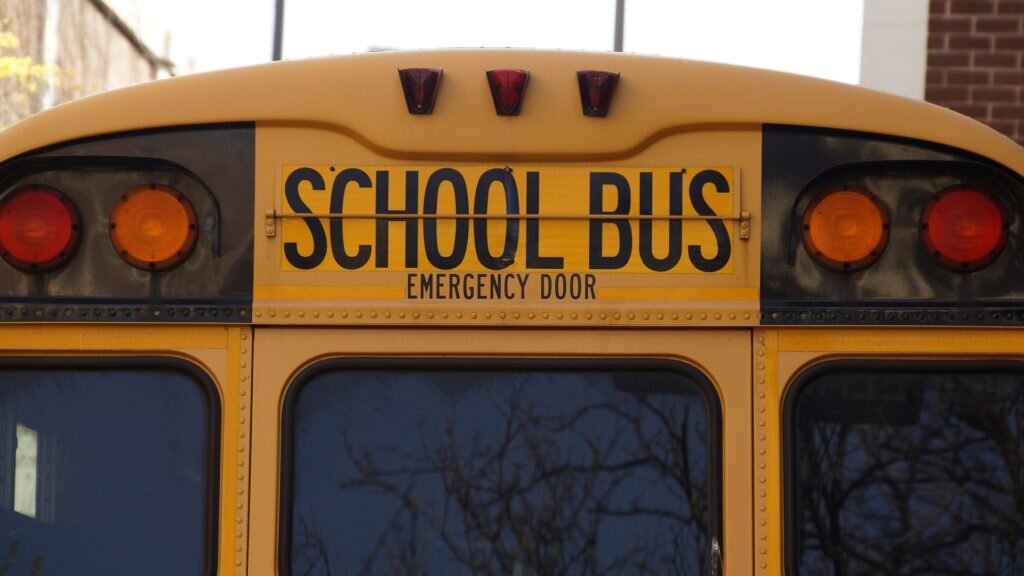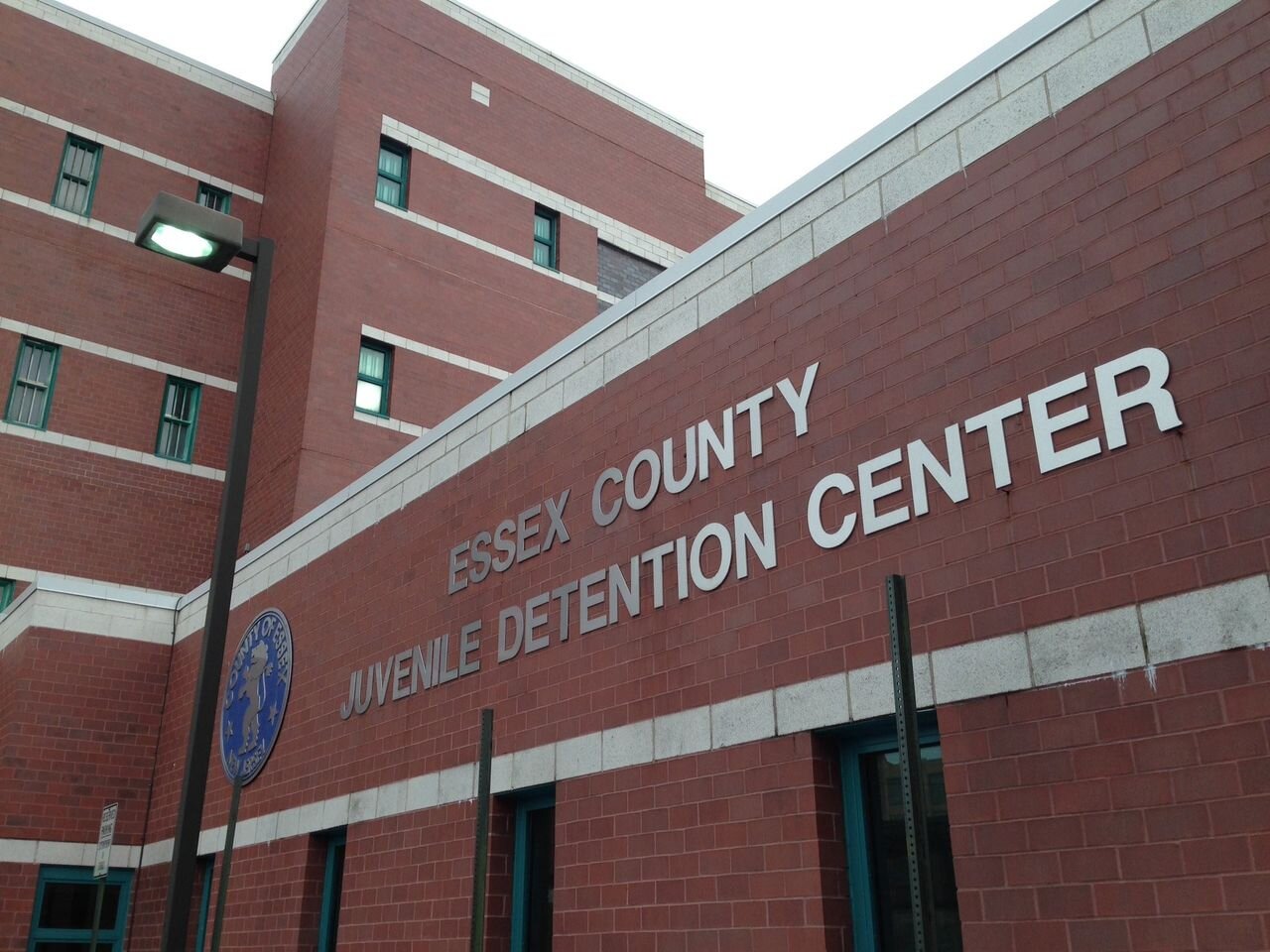Juvenile Defense
Children Charged with Crimes / Juvenile Delinquency
Arrest / Police Diversion
A juvenile enters the juvenile justice system when a complaint charging the commission of a delinquent act is signed.
A juvenile is typically charged were the crime is committed, however if the juvenile does not live in same county where the crime was committed, the complaint must be transferred to the county where the juvenile resides.
Depending upon the circumstances, the police may take a juvenile into custody when there is probable cause to believe that the juvenile is delinquent or issue a complaint and release the juvenile on his/her own recognizance. Sometimes instead of signing a delinquency complaint, the police may do a “diversion,” which can including releasing the juvenile to a responsible parent or guardian (with or without a reprimand and warning) or conduct a “station house adjustment” (e.g. meeting with the juvenile and his guardian to discuss the conduct and how to make sure it does not happen again). Juveniles are not entitled to bail. Said differently, either a juvenile is released or he is not. Once a delinquency complaint is signed, a juvenile can be held in a secure detention facility if certain statutory criteria are met. The officer refers the case to court intake service to request admission into detention.
No Bail / Juvenile Detention
Juvenile detention is the temporary placement of juveniles charged with a delinquent act, in a locked facility, prior to the disposition of their case. New Jersey law mandates that the court can detain juveniles only if they are considered a “danger to the community” or if they are deemed a “flight risk” and/or “will not to appear in court.” (N.J.S.A. 2A:4A-34). Some juveniles are detained post-disposition while awaiting program placement. Several counties have also developed a short-term commitment program, which serves as a dispositions option.
In New Jersey, counties are generally responsible for operating and financing detention facilities or contracting with neighboring counties to house juveniles.
If the court decides to release the juvenile pending the outcome of the case the court can order that the juvenile:
1. appear at all court proceedings
2. have no contact with any witnesses or victims
3. attend school
4. curfew
5. be placed on electronic monitoring / home detention
6. attend various programs (educational, drug treatment etc.)
7. be evaluated for substance abuse, fire starting, psychiatric /psychological
8. released to a shelter
In detained cases, the disposition hearing is to occur within 60 court days of admission to detention unless extended by the court for good cause.
Juvenile Family Court
The Family Court is required to hold hearings for juveniles charged as delinquents, with specific mandated time limitations, particularly regarding juveniles held in secure detention. (N.J.S.A. 2A:4A-38).
A detention hearing is to be held within 24 hours.
For juveniles remanded to detention, the initial probable cause hearing and “second detention hearing” are to be held within (2) two court days. If probable cause is not found, the juvenile is released from detention pending an adjudication hearing.
Review hearings are held for detained juveniles at intervals of 14 and 21 court days. At each of these hearings, the juvenile's detention status is reconsidered by the judge.
No Jury Trials
Juveniles have no right to a jury trial. Rather the judge decides if a juvenile is guilty or not guilty. The court makes a determination on the delinquency charges. This may appear prejudicial since a judge will typically know if the juvenile has a “record,” or may have reviewed court ordered evaluations where the juvenile may have admitted to certain conduct. Said differently, a judge may find a juvenile delinquent in the belief that the juvenile “needs services” rather than because the juvenile is actually guilty or that the prosecution was able to actually prove its case. A juvenile may be adjudicated delinquent on one or more of the charges; the other charges are dismissed. After an adjudication of delinquency (at that time or at a separate disposition hearing), the judge will order a disposition. T
Disposition Hearings and Options
The Juvenile Code allows judges a wide array of dispositions in adjudicated cases. The most common disposition is probation supervision. Probation is often ordered along with other dispositions requirements such as performing community service or paying financial restitution. In addition, probation is ordered along with more restrictive requirements such as entering a residential program or undergoing counseling. Probation is a major resource to the Family Court and the juvenile justice system.
Adjourned Disposition / Adjournment in Contemplation of Dismissal
Frequently your attorney will be able to negotiate what may be referred to as an adjourned disposition. This disposition allows the court to keep the charges open for a period of time while the juvenile completes probation. If probation is successfully completed the juvenile complaint will be dismissed
Short of waiving juveniles to the adult system, commitment to the JJC for incarceration is the most severe disposition available to the Family Court. The average sentence in committed cases is two years, although terms range from 30 days to 20 years or more. In cases where commitment is suspended, adjudicated youth are often placed on probation and, in addition, ordered into a JJC non-institutional residential program.
Juvenile Incarceration Sentences
Following the commitment of a juvenile by the court, each juvenile is assigned to a specific custody level and treatment program based on assessments of the offenders' supervision requirements and service needs. For the Commission, this means first determining whether juveniles are appropriate for institutional or structured non-institutional placement.
Murder Up to 20 years
First Degree Up to 4 years
Second Degree Up to 3 years
Third Degree Up to 2 years
Fourth Degree Up to 1 year
DP Up to 6 months
PDP At the discretion of the court
*Fines have been eliminated for juveniles.
Traffic Same as adult
Juvenile/ Family Crisis Intervention Units
Juvenile / Family Crisis Intervention Units (JFCIUs) were authorized to divert from court proceedings, matters involving family related problems, e.g., incorrigibility, truancy, runaway and serious family conflict. The JFCIUs provide short-term, crisis intervention services with the goal of stabilizing the family situation and/or referring the juvenile and family to available community agencies.
Court Diversion
Juvenile Conference Committees (JCCs) and Intake Service Conferences (ISCs) are diversion procedures established by the court and utilized in select first and second offenses of a minor nature. JCCs are comprised of community residents appointed by the court to review certain delinquency complaints. ISCs are conducted by court intake staff to review slightly more serious delinquency allegations. Both diversion procedures occur after delinquency complaints have been signed and filed with the court.
Waiver to Adult Court
Waiver is the practice of transferring jurisdiction over a juvenile from Family Court to adult Criminal Court. (N.J.S.A. 2A:4A-26). Once waived, the juvenile is treated in the same manner (and sentence range) as an adult. Said differently, the juvenile can be held in an adult jail and, if found guilty, is subject to the same penalties as an adult. For those sentenced to a term of incarceration, the sentence is served in either an adult or (in some instances) a juvenile facility.
The prosecutor initiates the process by filing a waiver motion; the court then determines probable cause and decides whether or not to waive. A juvenile must be 14 or older at the time of the charged delinquent act to be considered for waiver. Juveniles 14 or older also may elect to have their cases waived to adult court.
Sometimes your attorney may recommend that the juvenile consent or request that a case be waived to adult court. The reason include but are not limited to: juvenile would be eligible for first offender program (PTI), better chance at winning the case before a jury than before the juvenile judge.
Sex Crimes
Juveniles and adults convicted of certain sex crimes are required to register under Megan’s Law as sex offenders. If the juvenile is under the age of 14 at the time of the offense, he or she can apply to be removed from the Megan’s Law registry once he or she turns 18. Otherwise, the juvenile must wait a period of 15 years to apply for Megan’s Law removal. Megan’s law removal is not guaranteed since new offenses and other factors can be used to extend Megan’s registration indefinitely.
Deportation
Just as in adult court, certain juvenile adjudications may result in sever immigration consequences for non-United States Citizen juveniles. Certain juvenile adjudications may result in deportation, removal or the denial of re-entry to the United States if the juvenile leaves voluntarily and attempts to re-enter the United States in the future. Each juvenile’s situation is different. As a result it is important to consult with competent immigration counsel prior to pleading guilty to any juvenile charge.



